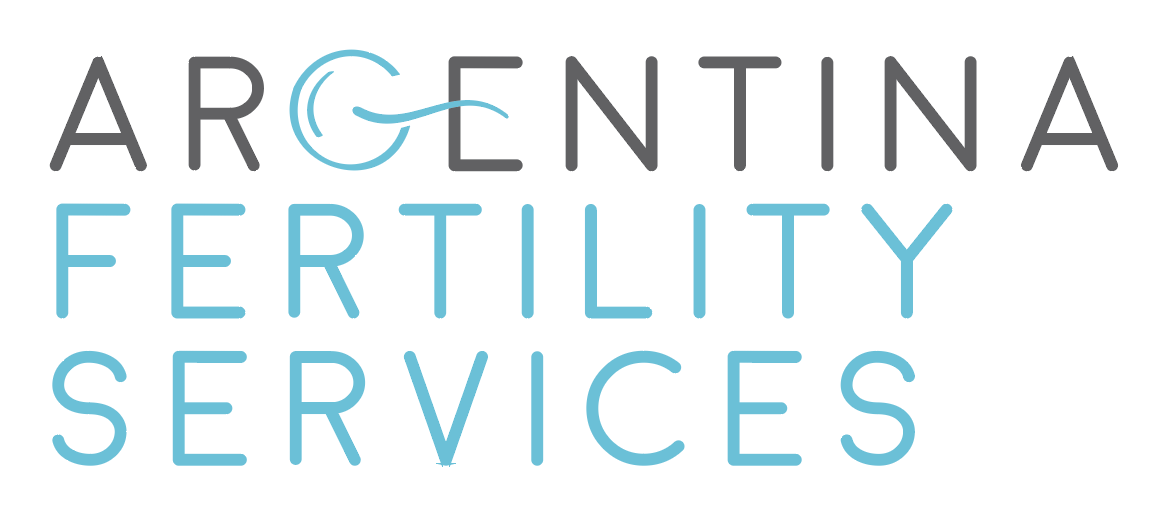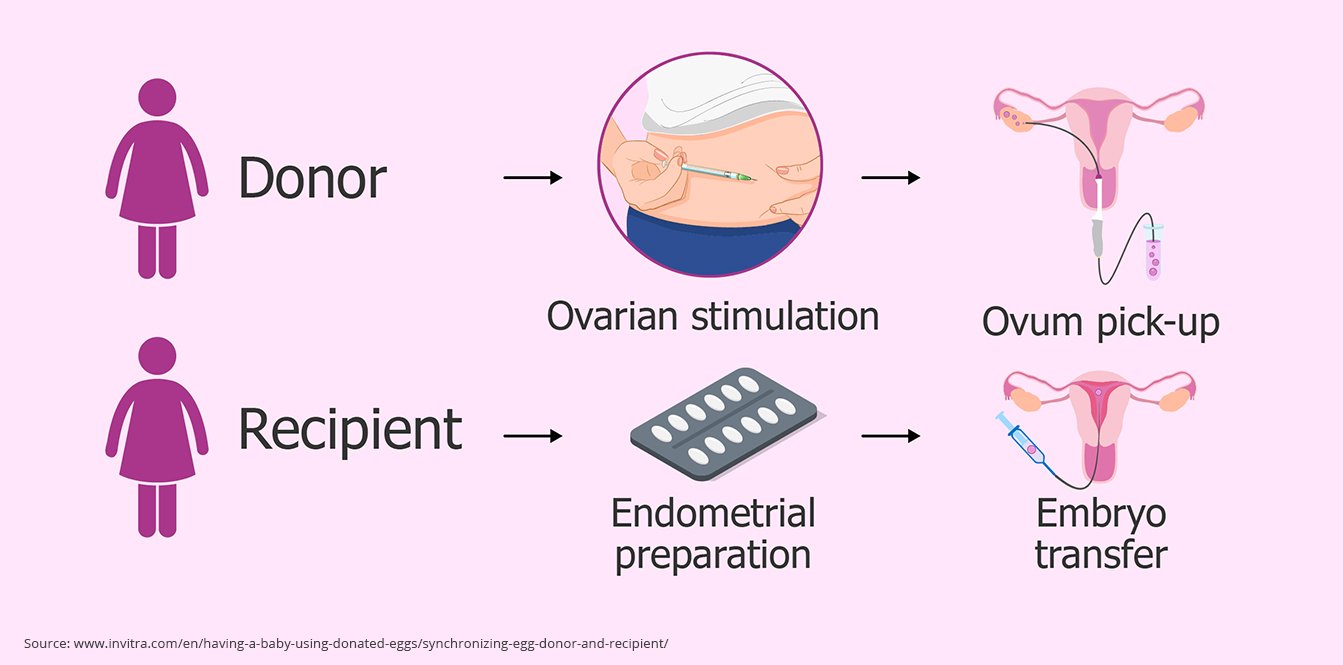EGG DONATION
Egg donation has become a widely accepted treatment for those patients with low ovarian reserve due to advancing age, poor ovarian response to hormonal stimulation or multiple IVF failures.
Donor eggs provided by young, healthy and fertile women assures a good chance of having a baby, diminishes the rate of miscarriages, and decreases the rate of genetic abnormalities.
Donors eggs are provided by OVOGENETIC.
Egg donor screening
Our egg donors are between 21 and 33 years old, have a normal gynecological evaluation, most have given birth to at least one normal baby and have not donated more than 5 times (ASRM recommendations). They do not have a personal or family history for hereditary conditions, undergo a comprehensive medical evaluation (both physical and psychological) and are subjected to a number of tests in order to comply with regulations and suggestions of both local and international scientific societies.
Routine laboratory work:
Complete CBC (including MCV), Coagulogram (clotting test), Fasting blood sugar, Kidney and liver function tests, Blood type and Rh factor, FSH, LH, estradiol, AMH (anti Mullerian hormone)
Infectious disease panel:
HIV, Syphilis, Hepatitis B and C, CMV
Genetic tests:
Karyotype, Spinal muscle atrophy, Cystic fibrosis (several mutations), X fragile, Carrier screening*
*in some donors
Egg donor recipient
Our program accepts patients up until 50 years of age with a clean bill of health.
In order to be accepted, future egg recipients should undergo certain tests for medical reasons. These are listed down below:
Patient
CBC, Kidney and liver function tests, Fasting blood sugar, Blood type and Rh factor, GC and Chlamydia culture, HIV , HBs Ag, HCV core antibody, RPR (syphilis), Rubella IgG, PAP smear
Baseline transvaginal ultrasound, Hysterosalpingogram or hysteroscopy, Mammogram, EKG
Partner (if appropriate)
Blood type and Rh factor, HIV, HBs Ag, HCV core Ab, RPR (syphilis), Complete semen analysis, Karyotype, Cystic fibrosis mutations
Success rates
A cycle of egg donation carries an overall pregnancy rate well above 50% and this depends on the quality of the gametes involved and uterine factors. In some patients the endometrial lining may not increase in width properly and the pregnancy rate may be lower. For that reason, patients need to be evaluated in advance in relation to their endometrial response to hormonal administration before travelling.
If supernumerary embryos are obtained, these can be frozen for another attempt or donated to another patient or couple.
Treatment can be undertaken with vitrified oocytes or through a fresh cycle since we have egg donors on stand-by.
Egg and sperm donation*
In case of ‘double donation’, treatment is the same (IVF w/donor eggs) but embryos are obtained and frozen in advance and patients can later coordinate endometrial preparation and transfer. This is scheduled according to patients’ time preferences and simplifies travel plans (flight and lodging).
*When both egg and donor sperm are requested, we can match both gametes with extensive carrier screening (with an extra cost), to avoid those gametes from sharing the same mutations.

